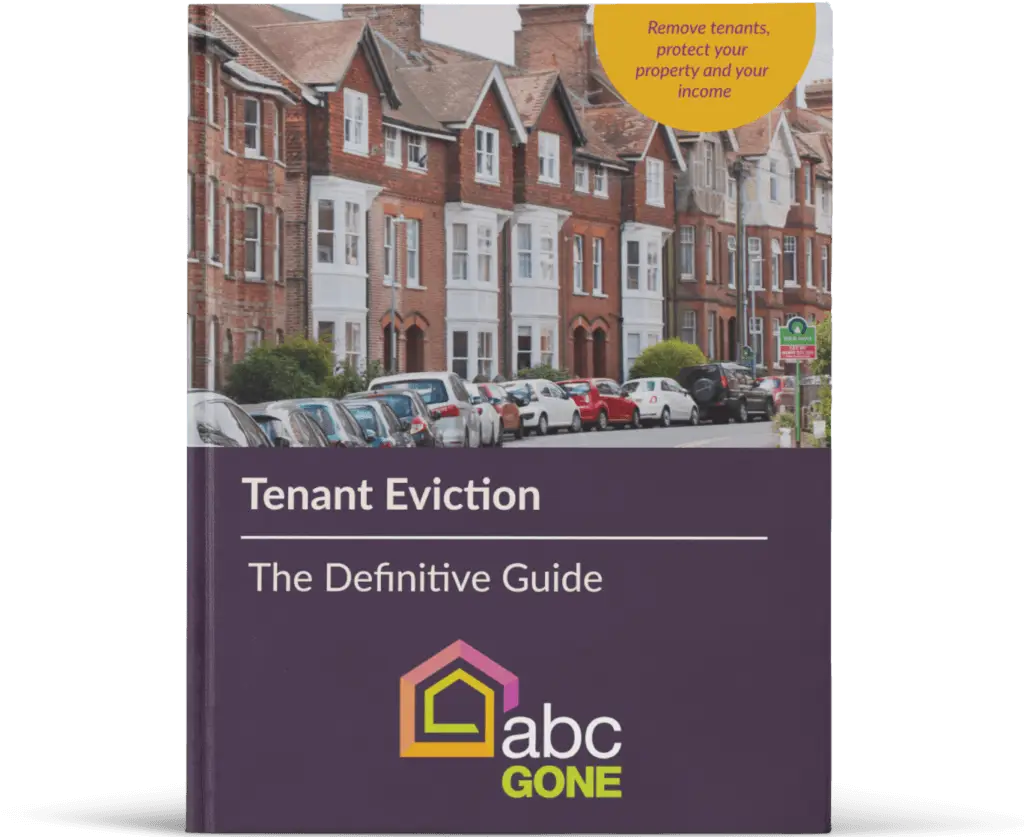‘Can I get rid of a tenant who doesn’t pay their rent?’ is a question that new landlords often ask. While most tenants pay their rent on time, arrears do happen so it’s a good idea to know the steps you will need to follow to evict a tenant who doesn’t pay – should the worst happen. We investigate exactly how to get rid of a tenant who is not paying rent in eight steps.
1 Keep good records
For you to successfully get rid of a tenant who doesn’t pay their rent, you need to be meticulous in your record keeping from the start of the tenancy. You need to prove you have fulfilled all your landlord duties by keeping all your paperwork up to date and recording all rental payments and correspondence with your tenant. This will be needed if you go to court.
2 Talk to your tenant
The first step in dealing with rent arrears is an initial conversation to find a way forward. It is never advisable for a landlord to jump straight into the eviction process, which is costly, time-consuming and could leave you without a tenant for months. If you can find an amicable solution, all the better. Try to understand the reasons for the areas, which are perhaps to do with the current cost of living. If you can negotiate a payment plan or direct them to sources of debt advice, this could benefit you both.
3 Write to your tenant
If the conversation doesn’t fix things, you need to put the arrears in writing – to your tenant or their guarantor, if they have one (perhaps because they are a student or new to renting). Write a formal letter explaining that they are in rent arrears and requesting payment immediately. Make it clear that you will seek possession of the property by taking court action if you do not receive payment.
4 Write again
If you still haven’t received the outstanding rental payment 14 days after it is due, write to your tenant again or their guarantor. Make it clear that you will seek possession of the property if you do not receive payment.
5 Inform your tenant that you intend to take legal action
Once 21 days has passed since the rent was due, send a third letter to the tenant, and any guarantor, confirming your intention to take legal action if they do not meet their payments.
6 Serve a Section 8 eviction notice
Once you reach 28 days after the rent was due, you tenant will start to owe the next month’s rent, meaning they are now two months in arrears. At this point you can begin the legal process of eviction by serving a Section 8 notice under the Housing Act 1988. You need to complete the appropriate form on the government website stating the reason for the eviction – in this case, that your tenant broke the terms of their shorthold tenancy agreement by failing to pay their rent. You also need to specify when the tenant should vacate the property. If you are evicting them for non-payment of rent, the legal minimum notice is 14 days.
As an alternative, you could serve your tenant with a Section 21 notice if they are no longer in the fixed terms of their tenancy. This process can be simpler, however, you will not be able to claim for unpaid rent if you use this route. Also note that the government is currently taking steps to end landlords’ right to use this means of evicting tenants so check the government website for the latest position.

7 Apply for a possession order
If your tenant fails to pay the rent or vacate the property within the specified timeframe, you can apply to the court for a possession order. This court order provides you with the legal authority to regain possession of your property. When applying, you will need to provide evidence of the unpaid rent and copies of all the correspondence you sent to your tenant. The judge may add a money judgement ordering the tenant to pay you a sum to cover rent arrears, court fees and legal costs.
8 Apply for a warrant for possession
If you’ve obtained a possession order, and if the tenant still hasn’t left the property, you can apply for a warrant for possession, meaning you can use a bailiff to take back control of the property.
Guaranteed rent
Regaining control of your property can be a lengthy, complicated and stressful business. One way of mitigating the impact is having landlord insurance to cover you for missed income due to arrears. Another solution is to rent your property through a management company or letting agent with a rent guarantee scheme. Rent guarantee schemes mean you will receive the monthly rent during the period of your contract regardless of whether your tenant fails to pay.
Find out about the ABC Gone rent guarantee scheme or give us a call to discuss your property today.





